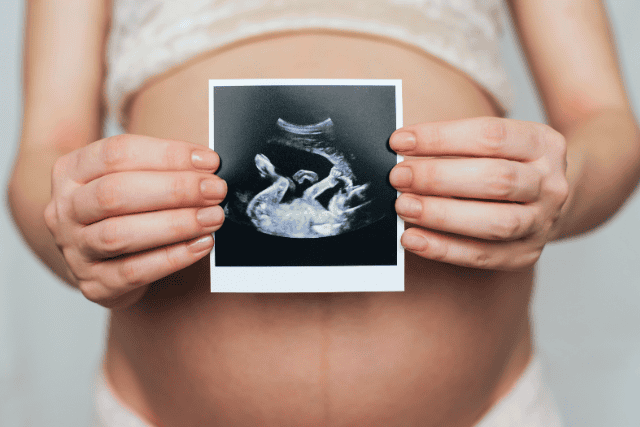
What Is Embryo Donation?
The use of donated embryos is a family-building option that is gaining more popularity. Embryo donation, sometimes referred to as embryo adoption, is when an individual or couple creates more embryos than they need to complete their family. The extra frozen embryos can be donated, either directly or anonymously, to support the family building endeavors of others. The embryos contain the genetic material from the couple that created them, however, the recipient of the donor embryo can experience the pregnancy and delivery of a baby. Donated embryos can provide patients with a way to conceive that may be less invasive. They can also be less expensive than other fertility treatment options like In Vitro Fertilization (IVF).
Who Can Receive a Donor Embryo?
Transferring a donor embryo is a great option when one or both partners are unable to contribute their own egg or sperm. Alternatively, any person or couple who desires to be a parent can be a candidate for a donor embryo.
How Successful Is Embryo Donation?
Success rates for pregnancies resulting from donor embryos are significantly higher than traditional In Vitro Fertilization (IVF). They are about the same as donor egg IVF. The rate of success will vary depending on the quality of the embryo, the age of the egg donor, and the number of embryos transferred. According to the CDC, the live birth rate from donated embryos is 43-45%.
What Is the Cost?
Transferring a donated embryo can be a more affordable alternative to some advanced fertility treatments. In particular, patients who may be considering adopting a child might find transferring a donated embryo appealing. Not only can this be a quicker option, but it is also a less expensive path to parenthood. For example, IVF and donor egg IVF can range from $10,000 to $30,000, while transferring a donor embryo is much more affordable, averaging about $4,000.
What Information Can I Know About Embryo Donors?
Medical history, family history, physical characteristics, level of education, and occupation of the embryo donors may be available. Sometimes photos of the donors as children are included.
How Are Embryo Donors Screened?
There are guidelines in place for the testing of patients who wish to go through in vitro fertilization (IVF). These guidelines are mandated by the Food and Drug Administration (FDA). Testing often includes a complete medical history, physical examination, and infectious disease screening for both partners. To become embryo donors, an updated examination and blood testing is recommended to reduce the transmission of disease.
How Are the Donor Embryo Recipients Screened?
The donor embryo recipients should also have a thorough health screening. In addition to a complete medical history, physical examination, and blood testing, an evaluation of the uterus and fallopian tubes may be recommended. This is to ensure there are no barriers to implantation. A counseling session with a mental health professional trained in third-party reproduction is also recommended. There are considerations that should be addressed regarding parenting a child that does not share the same genetic material and a discussion on whether to inform the child of their unique adoption.
Finally, if you, a friend, or a family member is interested in becoming a recipient of a donor embryo, please visit Nested Adoption Solutions at NestedAdoption.com. As of today, 562 embryos are available for adoption. Each embryo set has been organized according to the American Society of Reproductive Medicine’s (ASRM) recommendations for a healthy pregnancy.
